On behalf of 30 nations, ambassador to UN says measures violate human rights
![This file photo shows Zhang Jun, China's permanent representative to the United Nations, speaks at a Security Council meeting on nuclear nonproliferation. [Photo/XINHUA] This file photo shows Zhang Jun, China's permanent representative to the United Nations, speaks at a Security Council meeting on nuclear nonproliferation. [Photo/XINHUA]](http://i2.chinanews.com.cn/simg/hpic/2021/10-02/pic1-38382807.jpeg)
China's ambassador to the United Nations on Thursday called for the complete and immediate lifting of unilateral coercive measures, stressing that they severely violate human rights and exacerbate humanitarian disasters.
Zhang Jun, China's permanent representative to the UN, made the joint statement on behalf of 30 nations at the General Debate of the Third Committee of the 76th session of the General Assembly. It was the second time China has made such an appeal along with other countries.
Unilateral coercive measures usually refer to economic measures taken by one state to compel another to change its policy, according to the Office of the UN High Commissioner for Human Rights.
Examples include trade sanctions such as embargoes, and the interruption of financial and investment flows between sender and target countries.
Unilateral coercive measures violate human rights, which is intolerable, Zhang emphasized. The ambassador called for "a global response based on unity, solidarity and international cooperation" to address the COVID-19 pandemic as it continues to have a severe impact on economic and social development in all countries, especially developing countries.
Sanctions have "severely hindered" the development, and the anti-epidemic efforts of targeted countries. They deprive those affected of the opportunity to fully realize their human rights, and impede their well-being and social welfare, the ambassador said.
Zhang stressed that unilateral coercive sanctions affect humanitarianism, which is unreasonable. Such measures should be lifted immediately and completely to ensure that targeted countries have the necessary resources and support for pandemic response and recovery, allowing humanitarian aid to reach those in need without delay or impediment so that the suffering of affected populations ceases immediately, he said.
Such coercive measures "have no basis in law", the ambassador underscored. States should avoid imposing unilateral sanctions that are not in accordance with international law or the UN Charter.
"The current circumstance calls for solidarity and unity rather than confrontation and division to address the global challenge and promote and protect human rights for all," Zhang said.
In recent years, the US and other Western countries have frequently initiated unilateral coercive measures against developing countries, which seriously violate the purpose and principles of the UN Charter and international law, and are contrary to multilateralism and the basic norms of international relations, he said.
The UN Secretary-General, the High Commissioner for Human Rights, the special rapporteurs of the Human Rights Council, and many developing countries, have called strongly on numerous occasions for the elimination of unilateral coercive measures, Zhang said.
Since the outbreak of the pandemic, the US and other Western countries have ignored "the unanimous voice of the international community" and intensified their implementation of coercive measures. This seriously jeopardizes the human rights of people in targeted countries and is strongly opposed and criticized by an increasing number of countries, the ambassador said.
The negative impact of the measures has elicited increasing concern from multiple UN bodies, including the Commission on Human Rights. The Human Rights Council adopted a resolution in 2014 stressing that unilateral coercive measures are contrary to international law, international humanitarian law, the UN Charter and the norms and principles governing peaceful relations between states.
The UN General Assembly has adopted resolutions against unilateral economic measures as a means of political and economic coercion against developing countries every two years since 1989; on the necessity of ending the US economic, commercial and financial embargo on Cuba each year since 1992; and on human rights and unilateral coercive measures each year since 1997.
Last year, both Secretary-General Antonio Guterres and the High Commissioner for Human Rights Michelle Bachelet, made appeals to waive sanctions that undermine the capacity to respond to the pandemic.
The statement was jointly signed by 31 countries, including China, Russia and Pakistan.











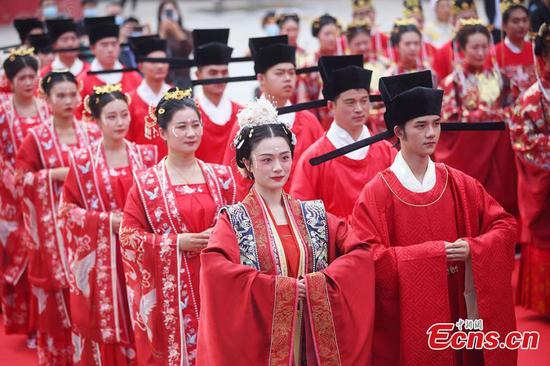
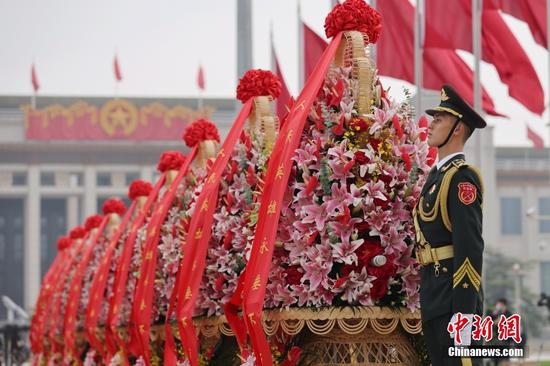

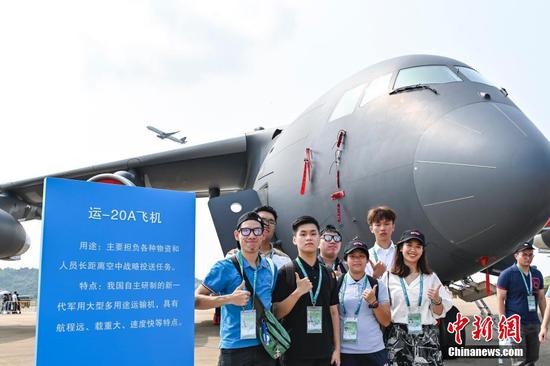














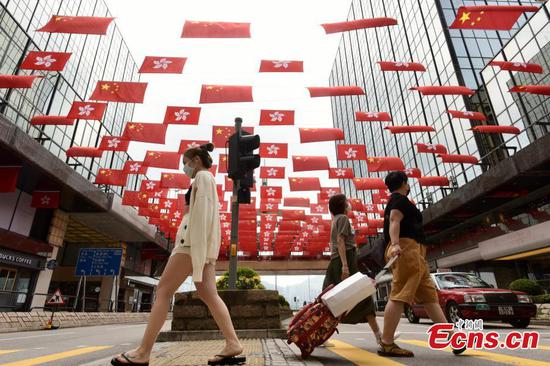

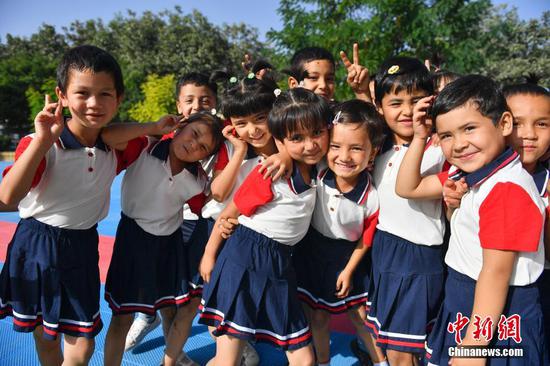
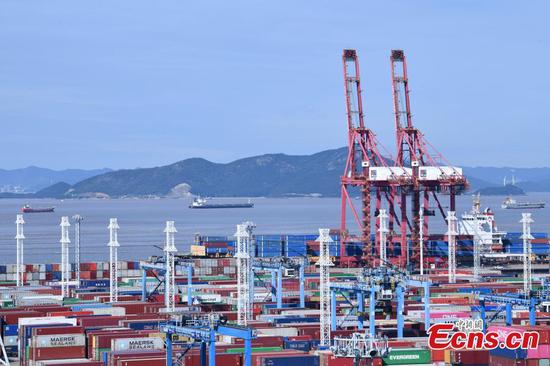






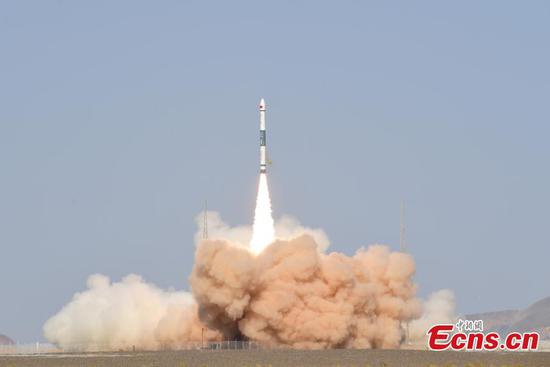
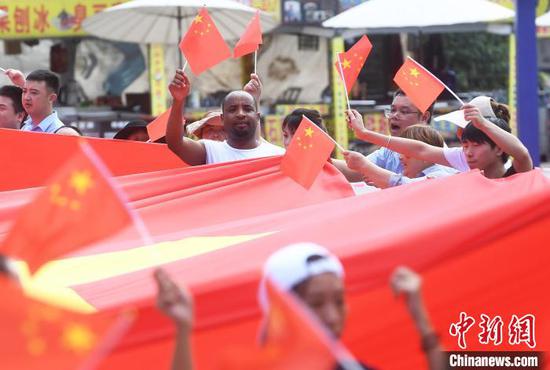

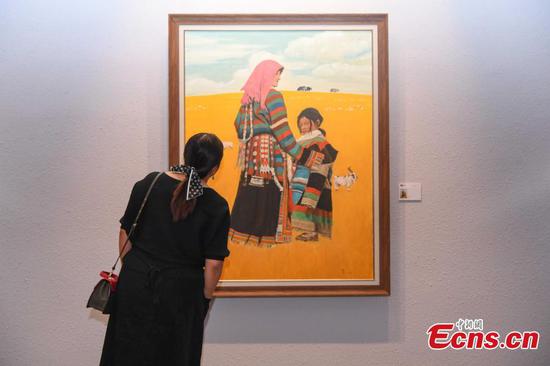

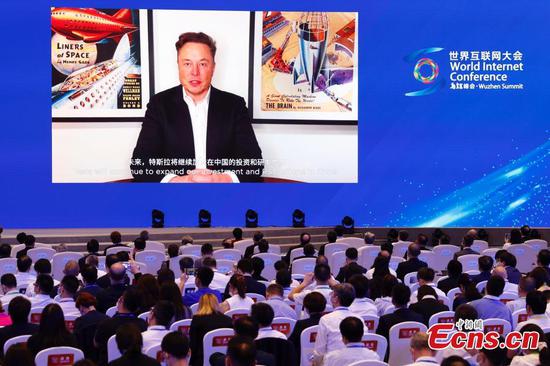





 京公网安备 11010202009201号
京公网安备 11010202009201号